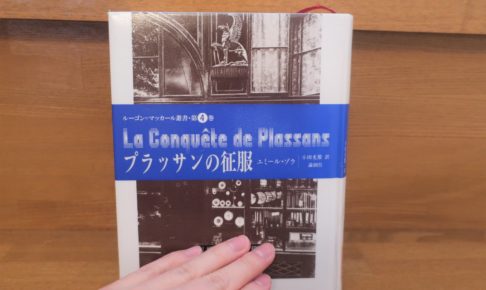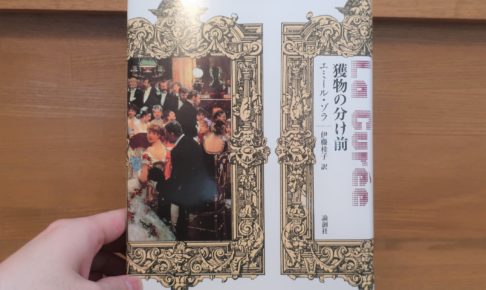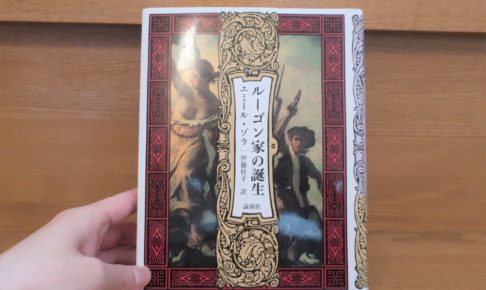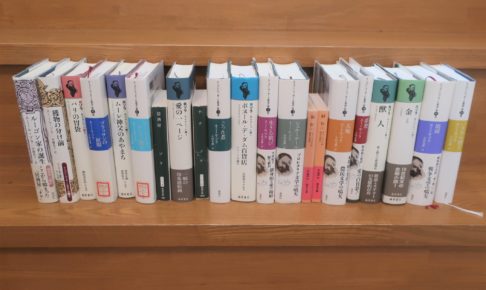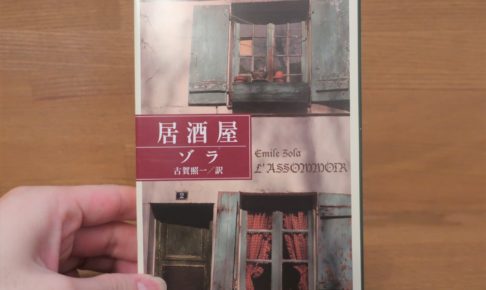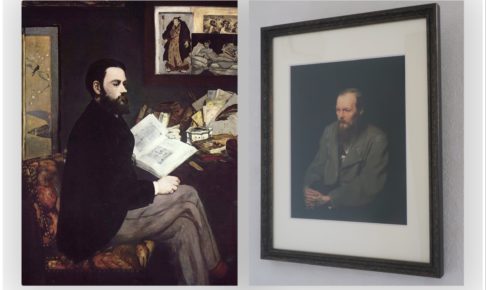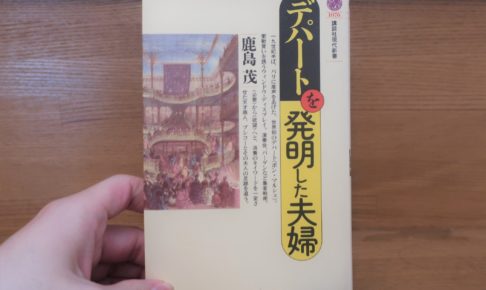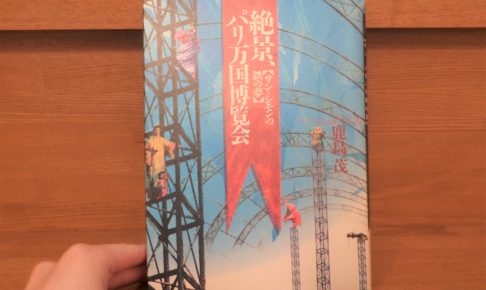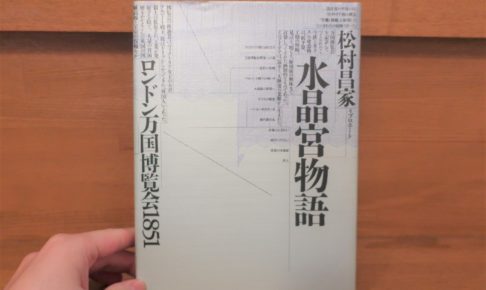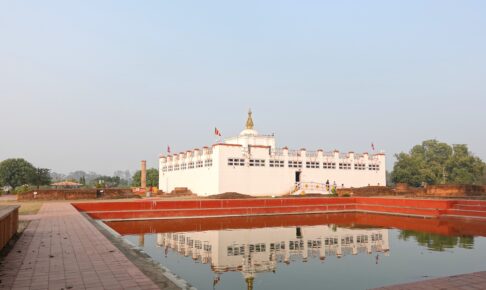Zola's "The Conquest of Prassan" Synopsis and Impressions - A pioneering work about brainwashing and destruction by religion.
This story was the hardest one for me to read in the "Lugon Makkar Series".
It was painful to read about brainwashing by religious people so blatantly written.
However, I believe that this work depicts a truth that we should not turn away from, even if it is painful. How was religion viewed in Europe at this time? I believe that this is one of the major clues to this question.
It was just a terrific piece of work.












